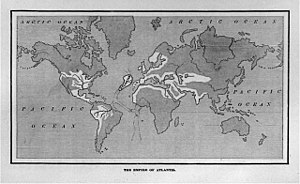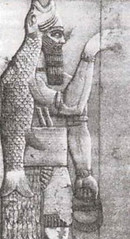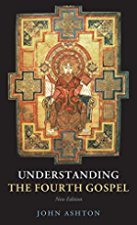I have been attempting to engage a biblical scholar in a discussion on the theoretical underpinnings of how historians can know if an event or person in ancient times were truly historical or a mere fiction.
Here was my initial proposition:
The theoretical underpinning of the historicity or factness of the contents of any report, document or narrative is that those contents can at some level be independently corroborated. This is a truism we learned as children: don’t believe everything you hear. This theoretical principle operates in our legal systems, in our media reporting culture, in our research investigations, in our everyday lives.
Let’s take a birth certificate as a case study. This contains information about the parents and birth time and place of a person, but also official seals or stamps and logos and names of the issuing authority in order to establish its authenticity. People who invented birth certificates recognized the need for independent corroboration of the contents contained in it, so they decided to add all this sort of information to it to make it more than just a blank piece of paper (that anyone could have written) saying so and so was born to x and y at this place here, etc.
Now let’s take the Romance of Alexander as another example. Continue reading “A rational foundation for investigating the mythicist (and Christian origins) question”

 Continued from
Continued from 



 The Gospel of John is notorious for its several awkward transitions and these have led a number of scholars to argue that the present Gospel we know is quite different from what must have been its first edition. A
The Gospel of John is notorious for its several awkward transitions and these have led a number of scholars to argue that the present Gospel we know is quite different from what must have been its first edition. A